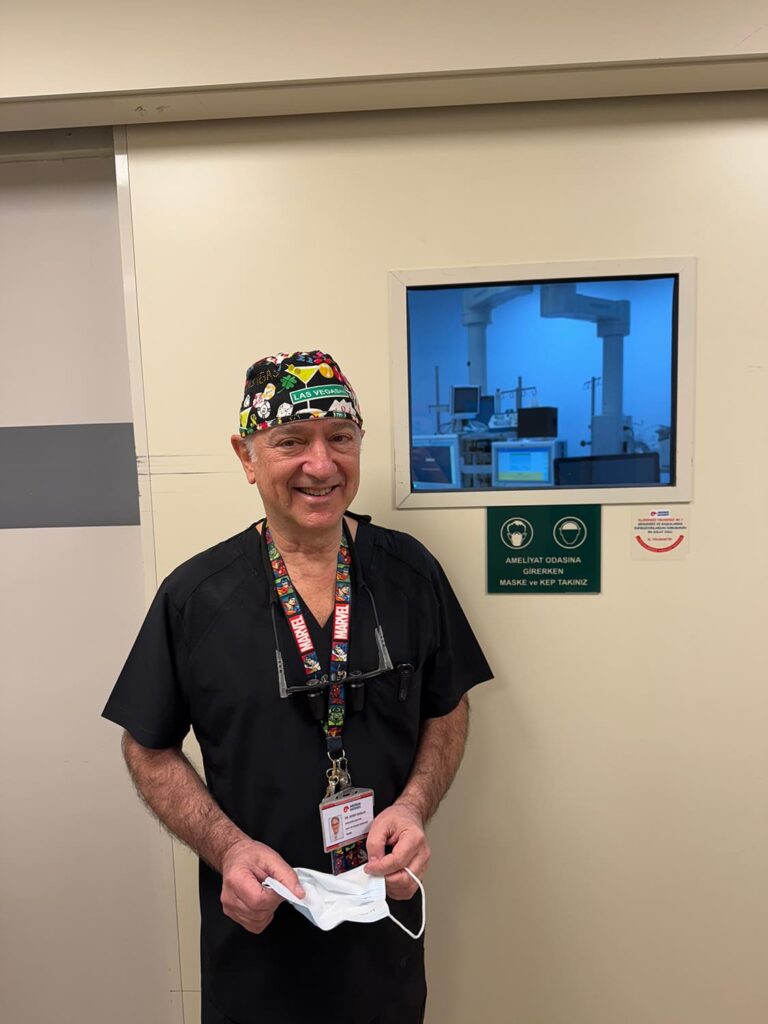While varicose veins are often the result of unavoidable factors such as genetics and aging, it is possible to delay their onset by adopting simple preventive measures in daily life. Modern lifestyles, characterized by inactivity and unhealthy habits, can increase the risk of varicose veins. However, with the right lifestyle changes, you can protect your vein health. We can’t say that varicose veins can be prevented totally but you can help delaying varicose veins. Regular exercise, maintaining a healthy weight, following a balanced diet, and paying special attention to your veins can significantly help delaying varicose veins.
In this article, we explore effective strategies, expert recommendations, and risk factors to help you take proactive steps and maintain a healthy life. Let’s discover how you can reduce the risk of varicose veins and preserve your vascular health together.
Learn more at What is Varicose Vein?
Ways to Reduce Varicose Vein Risk
Exercise Regularly
Exercise boosts circulation, especially in the legs. Activities like walking, swimming, and cycling strengthen veins and improve blood flow. If you must sit for long hours, take frequent breaks to move your legs.
Maintain a Healthy Weight
Excess weight adds pressure to veins, making blood flow difficult. A balanced diet and regular exercise help you stay fit and reduce strain on your veins.
Avoid Prolonged Sitting or Standing
If your job requires standing or sitting for extended periods, take breaks every 30 minutes. Simple leg exercises can minimize pressure on veins.
Elevate Your Legs
Raising your legs above heart level during rest improves blood flow and relieves venous pressure.
Wear Compression Stockings
Compression stockings enhance circulation and protect vein health. They are particularly useful for people who sit or stand for long hours.
Avoiding High-Heeled Shoes
High-heeled shoes restrict the natural movement of leg muscles, which can negatively affect blood circulation. Opting for more comfortable and orthopedic footwear can help support vein health and improve circulation.

The Role of Nutrition in Prevention
Consume Antioxidant-Rich Foods
Vitamin C and E support vein health. Include citrus fruits, peppers, almonds, and avocados in your diet.
Increase Fiber Intake
Fiber aids digestion and reduces venous pressure. Whole grains, vegetables, and legumes are excellent sources.
Limit Salt Consumption
Excessive salt causes water retention, leading to swelling. Reducing salt intake helps prevent bloating and vein strain.
Expert Advice for Prevention
Early preventive measures are the most effective way to delay or avoid varicose veins. If you notice symptoms, consult a specialist to develop a personalized prevention plan. Visit About Me for more details.
Frequently Asked Questions
- Can varicose veins be completely prevented?
Not entirely, but healthy habits can significantly reduce your risk. - What exercises help prevent varicose veins?
Low-impact activities like walking, swimming, and cycling support vein health. - Are compression stockings effective?
Yes, they improve circulation and relieve symptoms associated with varicose veins. - How does diet play a role in prevention?
A balanced diet provides essential nutrients that support vein health.
Recommended Links
Internal Links:
External Links:

